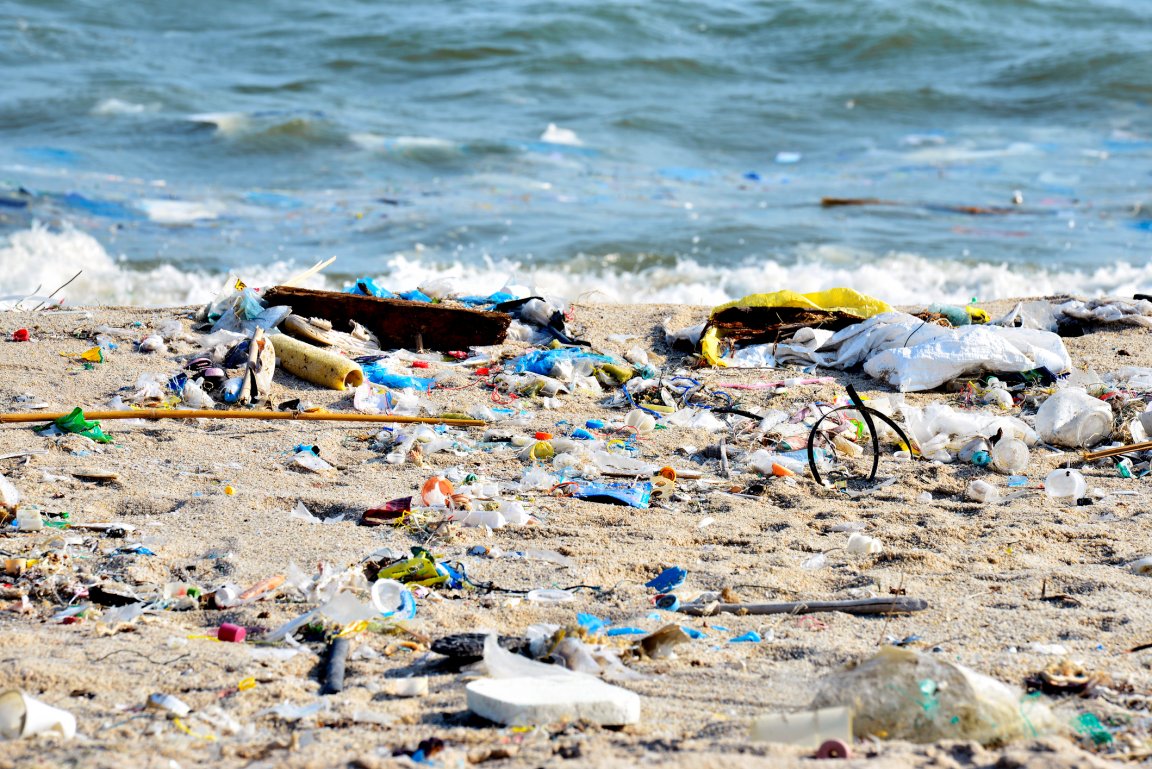
When it comes to the marine environment, it often seems like we hear nothing but an ocean (sorry) of bad news. One recent report, however, provided a rare bright spot: the number of plastic bags on the seafloor around the U.K. has declined dramatically over the last two decades, according to The Independent. This comes on the tails of worldwide efforts to phase them out in favor of reusable options.
Scientists are the Centre for Environment, Fisheries and Aquaculture Science (Cefas) spotted this trend in data on the types of junk pulled from the UK seafloor over the last 25 years.
“It is encouraging to see that efforts by all of society, whether the public, industry, NGOs or government to reduce plastic bags are having an effect,” lead author Thomas Maes, a Cefas marine litter scientist, told The Independent.
That doesn’t mean the fight against plastic is won, though.
The researchers found the overall amount of marine litter remained roughly constant over the 2.5 decades, as other types of marine debris – such as plastic bottles and lost fishing gear – have increased to fill plastic bags’ gap. Meanwhile, recent research has suggested that the amount of plastic in the ocean is set to triple in the next decade. Those aren’t exactly encouraging statistics.
We have more work to do if we’re going to save our oceans from becoming plastic junkyards (which will, in turn, impact the food chain, and our water supplies). But what’s left of this good fight shouldn’t discourage you.
In fact, the tangible, data-proven decrease in plastic bags should be incredibly encouraging. Every time you actually remembered to bring your canvas bag to the grocery store? That made a difference. But we’ll have to keep at it to ensure that this trend continues.
It’s easy to feel like human impacts on the planet have gotten so bad that there’s nothing we can do to reverse them. Science clearly says that’s not true. With organizations, cities, and even entire countries banning everything from plastic straws to plastic cutlery, we could soon be seeing the tides turn.